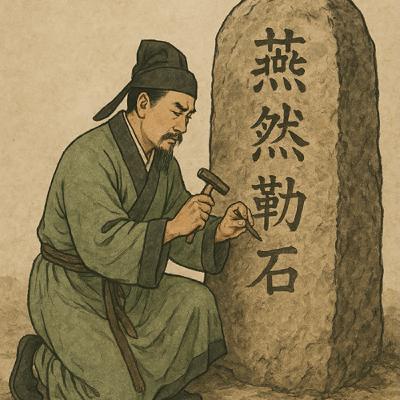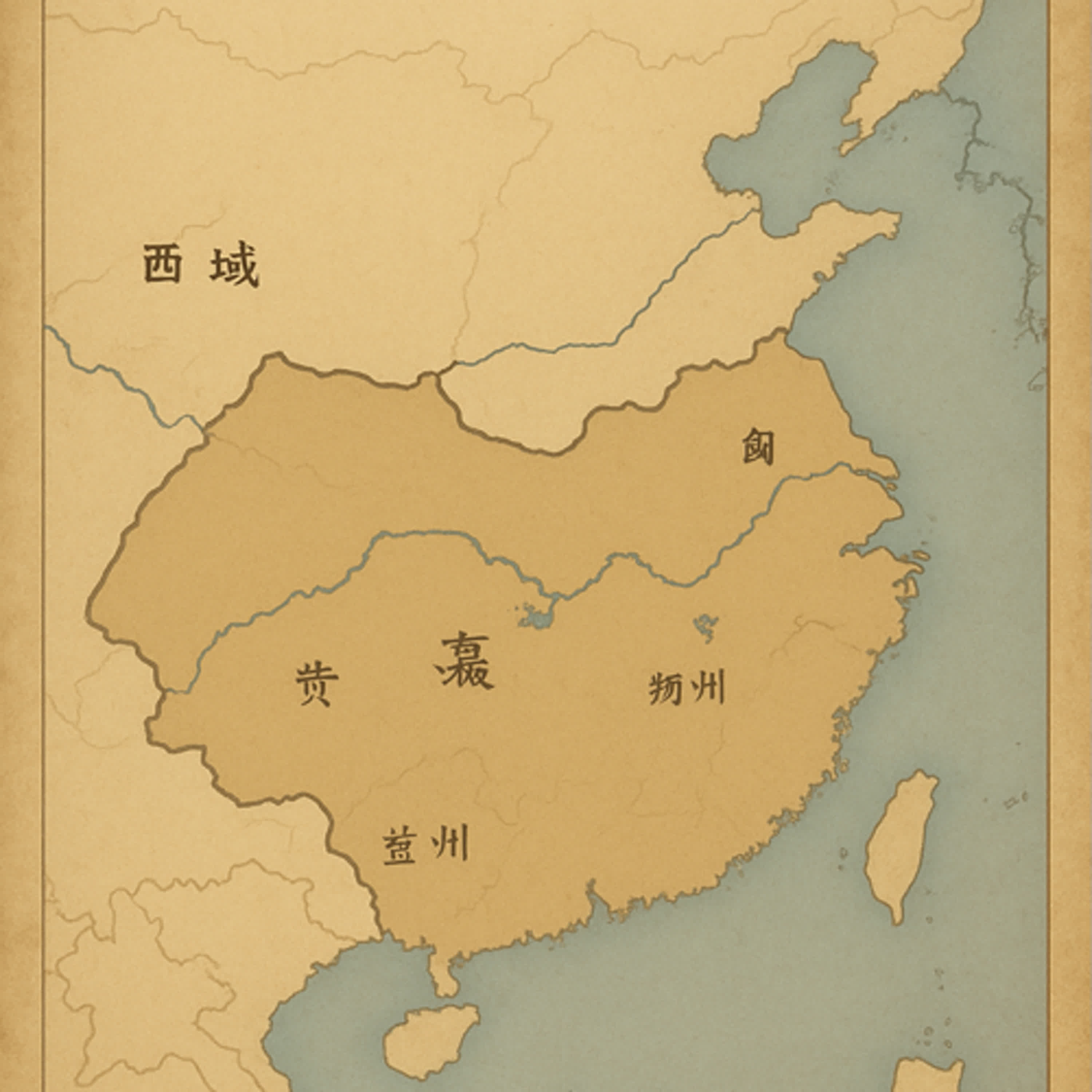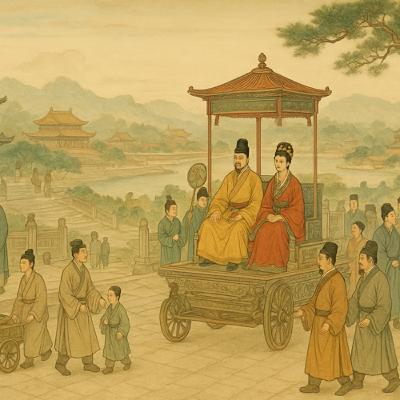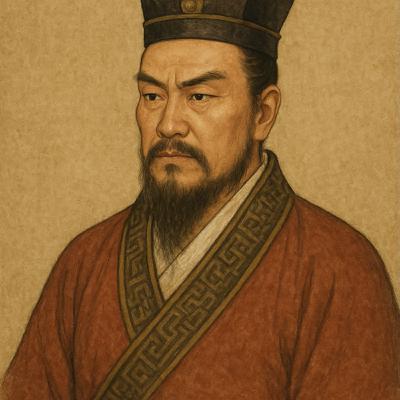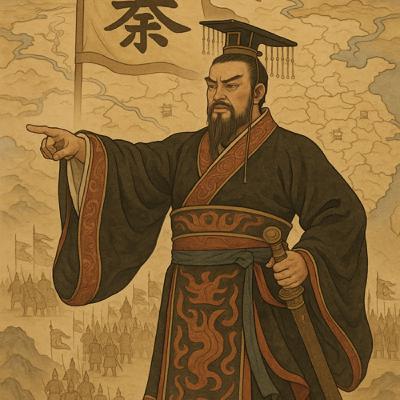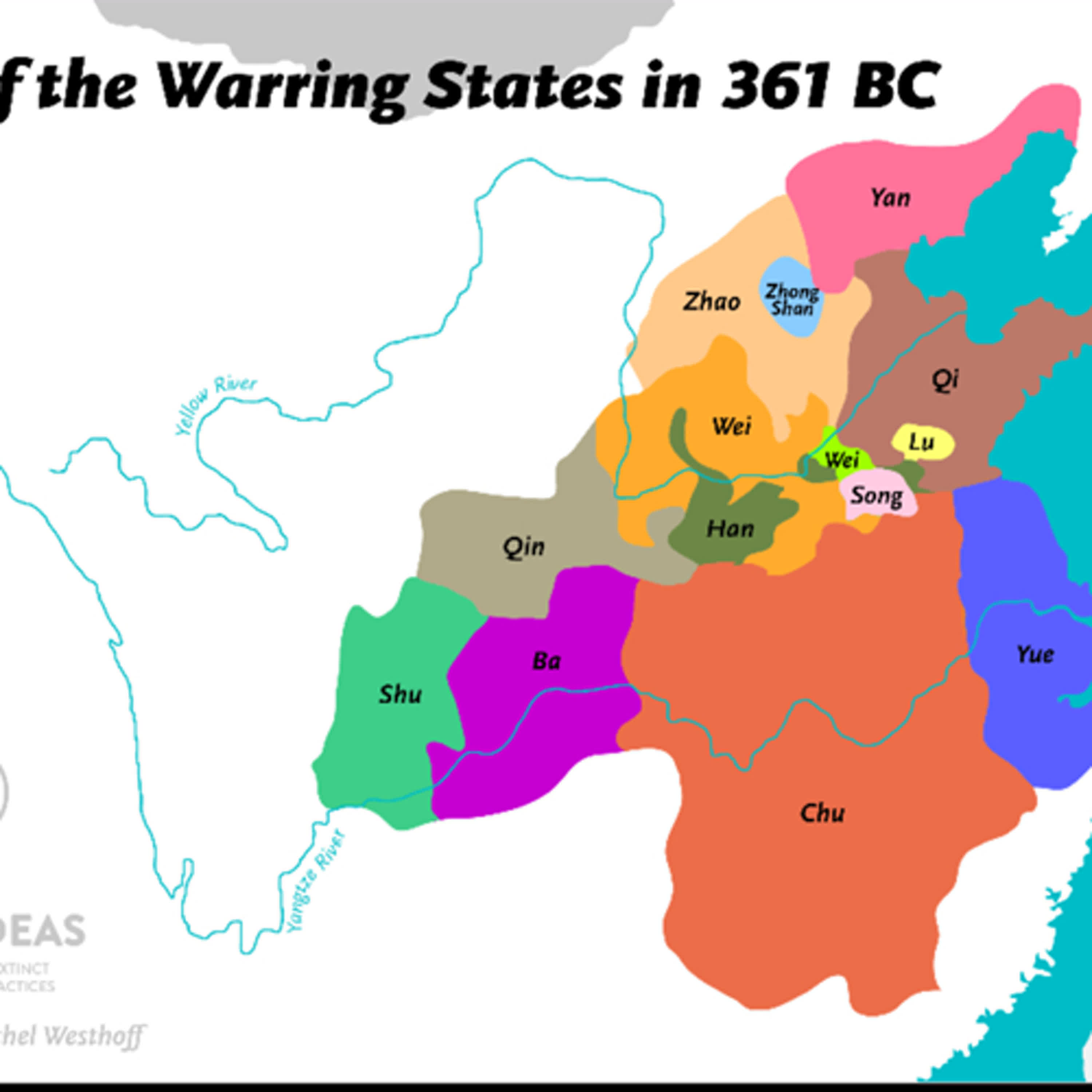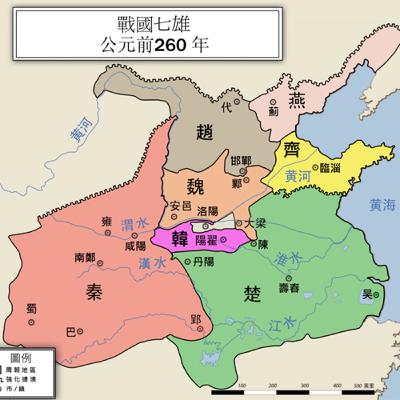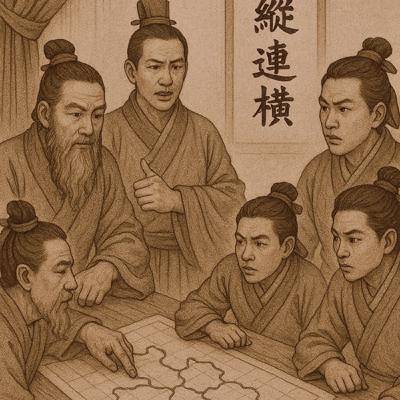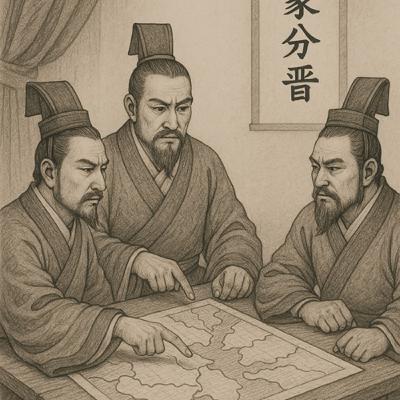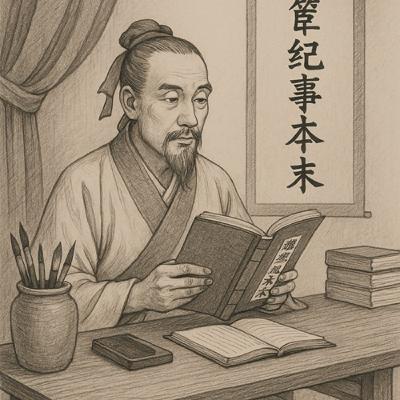Sweat-blood horse wars and its implications
Description
The Sweating Blood Horses: Historical Lessons for Modern Times
Introduction
Today I'm going to discuss the "sweating blood horses" from ancient times, exploring the stories from that period and their implications. In the latter part of my talk, I'll examine similar incidents in the 19th, 20th, and 21st centuries and what we can learn from history.
The Legend of the Sweating Blood Horses
First, let's clarify what these "sweating blood horses" actually were. The name isn't literal—it refers to horses that appeared to sweat blood due to a parasitic infection. These were likely the Akhal-Teke horses from Turkmenistan. The Chinese name for them was given much later, probably by Westerners in the 17th or 18th century.
The Han Empire learned about these exceptional horses through generations of interaction with distant countries. They discovered that these far-off lands had valuable goods to trade, particularly these precious horses from the east. According to Chinese historical records, these horses could allegedly run 500 kilometers per day for 20 hours straight without needing rest—though realistically, they probably ran about 3 hours daily, covering perhaps 150-200 kilometers per day.
The Strategic Value
In military terms, if your army has cavalry while your enemy doesn't, you have a tremendous advantage. Whether for battle, intelligence gathering, or peacetime communication, these horses saved significant time and provided extraordinary efficiency compared to ordinary creatures.
The Trade Dynamics and Conflict
From a commercial perspective, sellers naturally want to maximize profits by emphasizing product quality, while buyers seek the lowest possible prices. Smart consumers and business owners prefer to buy directly from wholesalers or original suppliers rather than retailers.
This created conflicts of interest. Retailers wanted to keep their sources secret, while buyers increasingly sought to bypass middlemen and purchase directly from Central Asian breeders. As these horses traveled the long trade routes, some people decided it was easier to steal them rather than pay the high prices, leading to what became known as the "sweating blood horses war."
The Han Emperor didn't initially kidnap merchants or threaten trade routes. Instead, he sent Zhang Qian to discover new routes to reach the original breeding regions. Zhang Qian's explorations revealed multiple sources, including Xinjiang and other Central Asian regions, establishing what we now call the Silk Road.
The Vulnerability of Valuable Assets
However, possessing such valuable creatures came with significant drawbacks. These horses required extensive time, effort, and resources to breed, feed, and train. This specialization meant that horse-breeding regions couldn't simultaneously develop strong military defenses, making them vulnerable to raids and attacks from those who preferred taking by force rather than paying fair prices.
As the Chinese saying goes, there are always two sides to a coin—positive and negative aspects to everything.
Historical Parallels: The 19th Century
Moving to the 19th century, we see similar patterns. China was buying tea using silver from the Qing Empire but refused to buy iron from Great Britain. This angered the British, who were running out of silver reserves. To balance trade, Britain began importing opium to China, leading to widespread addiction. When the Chinese government tried to stop this trade, it sparked the Opium Wars.
Interestingly, while the Han Dynasty had attacked Central Asians to obtain horses without payment, in the 19th century, the British wanted to obtain Chinese silver without paying for tea. The underlying dynamic remained the same across centuries.
Modern Implications: The 21st Century
Today, we see similar patterns with oil-producing countries. Petroleum is extremely valuable because virtually everything—from transportation to electricity generation—depends on it. Most modern machinery requires petroleum products.
Countries that produce oil are strategically important, which explains why global powers like the United States, former Soviet Union, current Russia, Britain, France, and China have ongoing interests in Middle Eastern politics. Has there been any year without conflict in the Middle East? This is the price of holding such a valuable resource.
These global powers have their own interests in influencing regional politics, but they often fail to learn from history, just as the oil-producing countries themselves don't always learn from the past.
Taiwan and TSMC: A Contemporary Case Study
Looking at my own country, Taiwan, I believe we're also not fully learning from history. Many view our semiconductor manufacturing company TSMC as an "ultimate shield" that protects us, but I'm not entirely convinced.
TSMC produces about 50% of all semiconductor chips globally, including the highest-end ones. Since no advanced or developing country can progress without semiconductors, TSMC's importance is undeniable. If TSMC stopped production for just one year due to war or other disruptions, the global economy would likely drop by 30%—a staggering impact.
While some see this as protection against potential Chinese aggression, arguing that China wouldn't risk damaging such a crucial global resource, I believe this strategy has limitations. The United States has already begun diversifying by establishing TSMC plants domestically, with Germany and the Netherlands planning similar facilities.
Conclusion: Learning from History
By diversifying production and reducing Taiwan's percentage of total global semiconductor manufacturing, we can lower the risk of any single country using our valuable assets as a bargaining chip. While we should continue profiting from our technological expertise, we must also see the bigger picture and understand that holding extremely precious resources can make us targets.
The lesson from history is clear: possessing something extremely valuable isn't always advantageous. We must balance the benefits with the inherent risks and vulnerabilities that come with controlling critical resources. Only by learning from these historical patterns can we better navigate contemporary geopolitical challenges.
#sweat-blood horse war#silk road#tea leaf war#endless wars in Middle East#TSMC and Taiwan#rare earth
Join as a free member to stay updated with the latest information: https://open.firstory.me/join/ckeiik73n1k6i08391xamn9ho
Make a
small donation to support this program: https://open.firstory.me/user/ckeiik73n1k6i08391xamn9ho
Leave
a comment to tell me your thoughts on this episode: https://open.firstory.me/user/ckeiik73n1k6i08391xamn9ho/comments
Powered by Firstory Hosting


